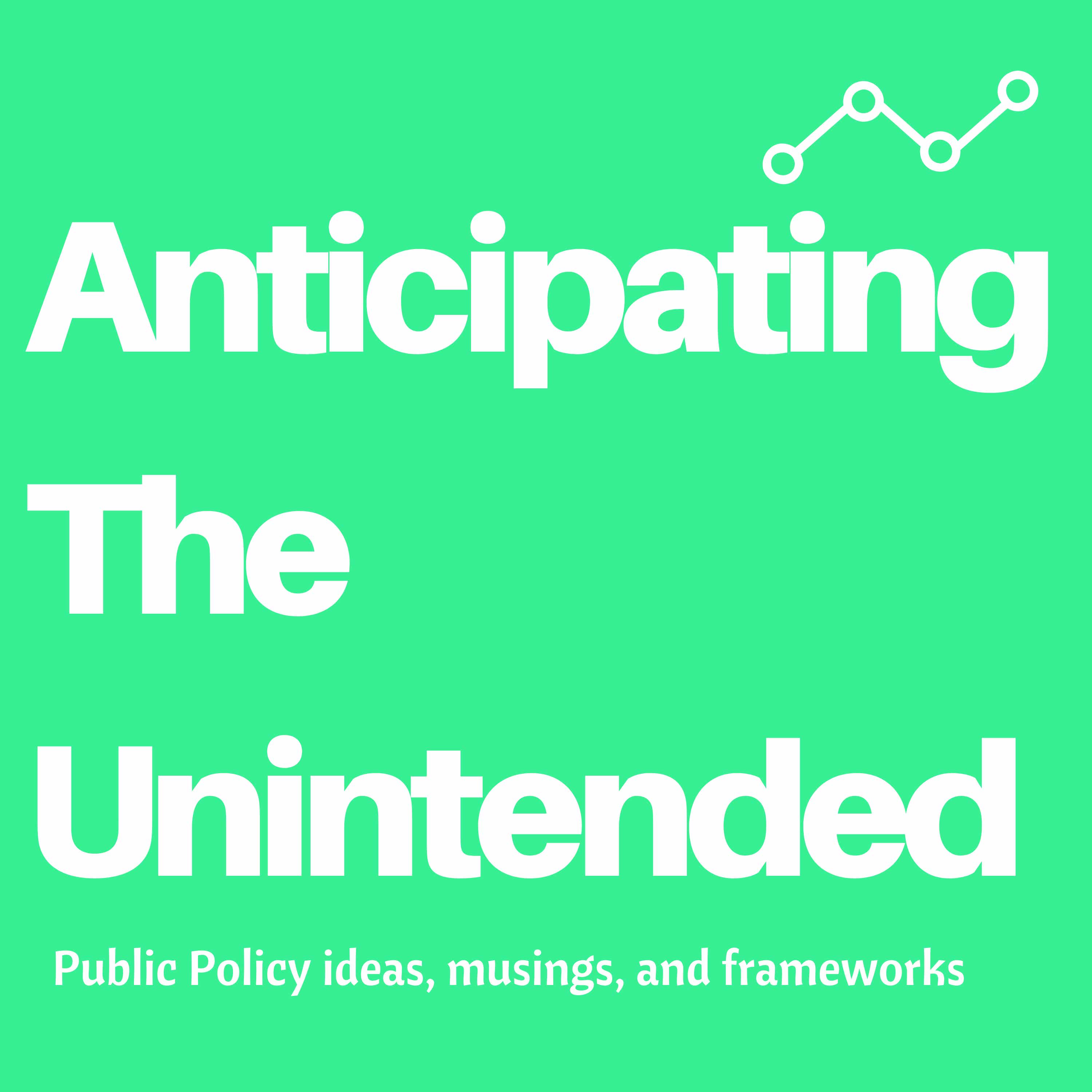#181 We Shall Overcome
Description
Happy Independence Day!
- Pranay Kotasthane and RSJ
This newsletter can often seem pessimistic about India. That isn’t true, though. Every year, on Independence Day, we remind ourselves and our readers why we write this newsletter. This is how we ended the Independence Day edition of 2020:
“What we have achieved so far is precious. That’s worth reminding ourselves today. We will go back to writing future editions lamenting our state of affairs.
We will do so because we know it’s worth it.”
This year we thought it would be fun (?) to run through every year since 1947 and ask ourselves what happened in the year that had long-term repercussions for our nation. This kind of thing runs a serious risk. It can get tedious and all too familiar. Most of us know the landmark events of recent history and what they meant for the nation.
Maybe. Maybe not.
We’ve given an honest try (of over 8000 words) to see if there’s a different way of looking at these familiar events and their impact on us. Here we go.
1947 - 1960: Sense Of A Beginning
1947
Perhaps the most significant “What, if?” question for independent India surfaced on 17th August 1947 when the Radcliffe Line was announced. The partition of the Indian subcontinent has cast a long shadow. What if it had never happened? What if Nehru-Jinnah-Gandhi were able to strike a modus vivendi within a one-federation framework? These questions surface every year around independence.
The indelible human tragedy of the partition aside, would an Akhand Bharat have served its citizens better? We don’t think so. We agree with Ambedkar’s assessment of this question. In Pakistan or the Partition of India, he approaches the question with detachment and realism, concluding that the forces of “communal malaise” had progressed to such an extent that resisting a political division would have led to a civil war, making everyone worse off. The partition must have been handled better without the accompanying humanitarian disaster. But on the whole, the partition was inevitable by 1947.
“That the Muslim case for Pakistan is founded on sentiment is far from being a matter of weakness; it is really its strong point. It does not need deep understanding of politics to know that the workability of a constitution is not a matter of theory. It is a matter of sentiment. A constitution, like clothes, must suit as well as please. If a constitution does not please, then however perfect it may be, it will not work. To have a constitution which runs counter to the strong sentiments of a determined section is to court disaster if not to invite rebellion.” [Read the entire book here]
1948
What if Mahatma Gandhi wasn’t killed that year? How would the course of our history change? Gandhi spoke like an idealist and worked like a realist. He was possibly the most aware of the gap between the lofty ideals of our constitution and the reality of the Indian minds then. He knew the adoption of the constitution was only half the work done. He’d likely have devoted the rest of his life to building a liberal India at the grassroots level. His death pushed a particular stream of right-wing Hindu consciousness underground. We still carry the burden of that unfinished work.
1949
The Constituent Assembly met for the first time in December 1946. By November 26th 1949, this assembly adopted a constitution for India. Even a half-constructed flyover in Koramangala has taken us five years. For more context, Pakistan’s Constituent Assembly began work on 10th August 1947, and their first constitution came into force in March 1956, only to be abrogated two years later. India’s founding fathers and mothers were acutely aware that they were elite, unelected, and unrepresentative of the median Indian. They dared to imagine a new nation-state while grappling with that period's harsh economic, social, and political realities. Their work should inspire us to strengthen, improve, and rebuil
More Episodes
Prediction Time
—RSJ
In a year when countries as diverse as India, the United States, the United Kingdom, Russia, Taiwan, Pakistan and Palau go for their elections, it is tempting to go for an overarching theme for the year while looking ahead. Unfortunately, like these aforementioned elections...
Published 01/14/24
Published 01/14/24
Happy New Year
— RSJ
Happy 2024, dear readers!
We hope 2023 was good for all of you. If it wasn’t, we are glad that it’s behind you. We didn’t have too bad a 2023 ourselves. This newsletter went along swimmingly (or so we think) and we had our book ‘Missing in Action: Why You Should Care About...
Published 01/07/24


